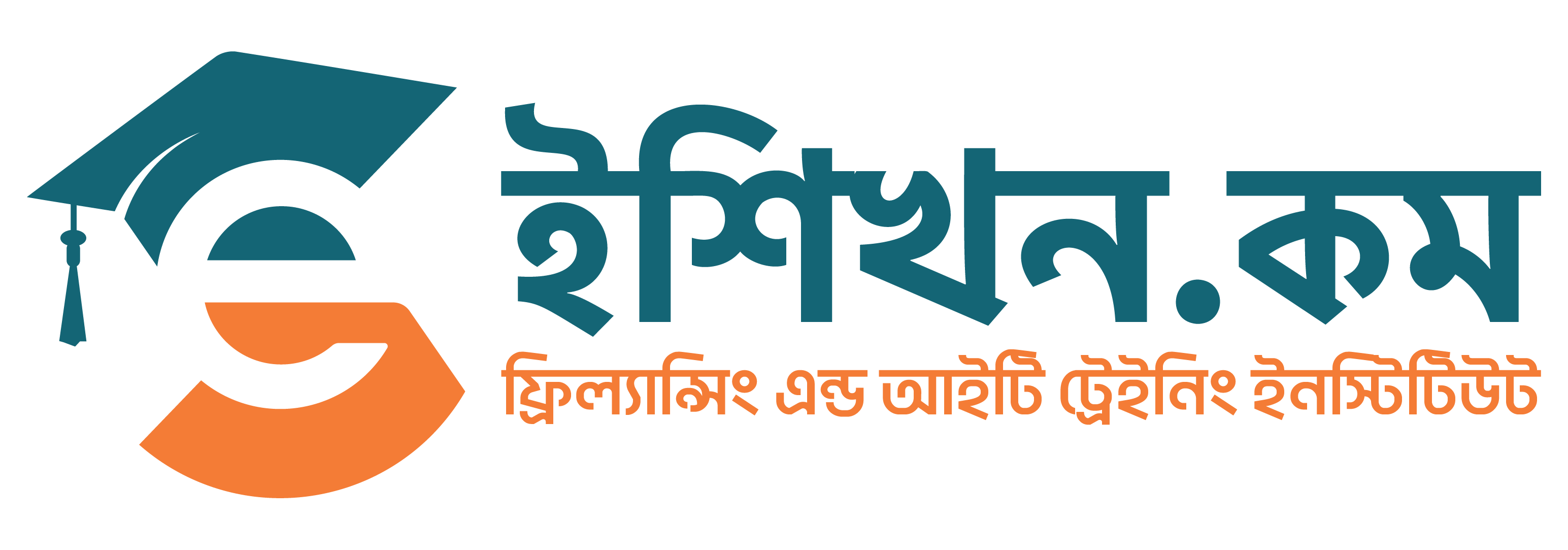বিসিএস প্রিলিমিনারি ইংরেজি Common Mistakes
Who and Whom
Use this he/him method to decide whether who or whom is correct:
he = who
him = whom
Who/Whom wrote the letter?
He wrote the letter. Therefore, who is correct.
We wondered who/whom the book was about.
This sentence contains two clauses: we wondered and who/whom the book was about. Again, we are interested in the second clause because it contains the who/whom. The book was about him. Therefore, whom is correct.
Which and That
which clauses are nonrestrictive (nonessential) while that clauses are restrictive (essential). Nonrestrictive clauses and phrases are set off from the rest of a sentence by a pair of commas (as in our examples above) or by a single comma if they come at the end of the sentence.
- Our house [that has a red door and green shutters] needs painting.
- Our house, [which has a red door and green shutters], needs painting.
- The classrooms [that were painted over the summer] are bright and cheerful.
- The classrooms, [which were painted over the summer], are bright and cheerful.
Lay and Lie
The principal parts (most-common verb forms) of lie are:
lie (present,) lay (past) and lain (past participle).
The principal parts of lay are:
lay (present), laid (past) and laid (past participle).
As an aid in choosing the correct verb forms, remember that lie means to recline, whereas lay means to place something, to put something on something.
• Lie means that the actor (subject) is doing something to himself or herself. He is lying on the table.
• Lay, on the other hand, means that the subject is acting on something or someone else; therefore, it requires a complement to make sense. Thus lay always takes a direct object. Lie never does. As I walk past, I lay the tools on the workbench.
May and Might
We use ‘may’ to suggest something is possible
- It may rain later today.
We use ‘might’ to suggest a small possibility of something.
- She might be at home by now but it’s not sure at all.
Whether and If
Use “if” in a conditional sentence to show that one thing will happen if something else happens. Use “whether” to show that two alternatives are possible.
Farther and Further
“Farther” for measurable distance; “further” for everything else.
London is farther north than Juneau.
This plan requires further study.
Affect and Effect
Affect is chiefly used as a verb and its main meaning is ‘to influence or make a difference to’, as in the following example sentences:
This will greatly affect their lifestyle
Effect, on the other hand, is used both as a noun and a verb, although is more commonly used as a noun. As a noun it means ‘a result or an influence’, as in:
The beneficial effects of exercise are well documented
However
Use a semicolon to join two separate but related sentences.
I would like to finish my thesis; however, there is cricket on TV.
Hanged and Hung
use hung unless you’re talking about execution by hanging. For example:
One should forgive one’s enemies, but not before they are hanged.
To
if you need to use a VERB after ‘to’, don’t use s, es, ing. Don’t use past form or past participle form of verb after ‘to’.
Incorrect: He wants to goes there.
Correct: He wants to go there.
Incorrect: My friend is trying to getting the ball.
Correct: My friend is trying to get the ball.
Incorrect: I worked hard to gained the prize.
Correct: I worked hard to gain the prize.
Exception: look forward to, with a view to
I look forward to hearing from you.
I have done this with a view to increasing my CGPA.
এই লেকচারের পরের পেইজে যেতে নিচের ![]() …. তে ক্লিক কর।
…. তে ক্লিক কর।
